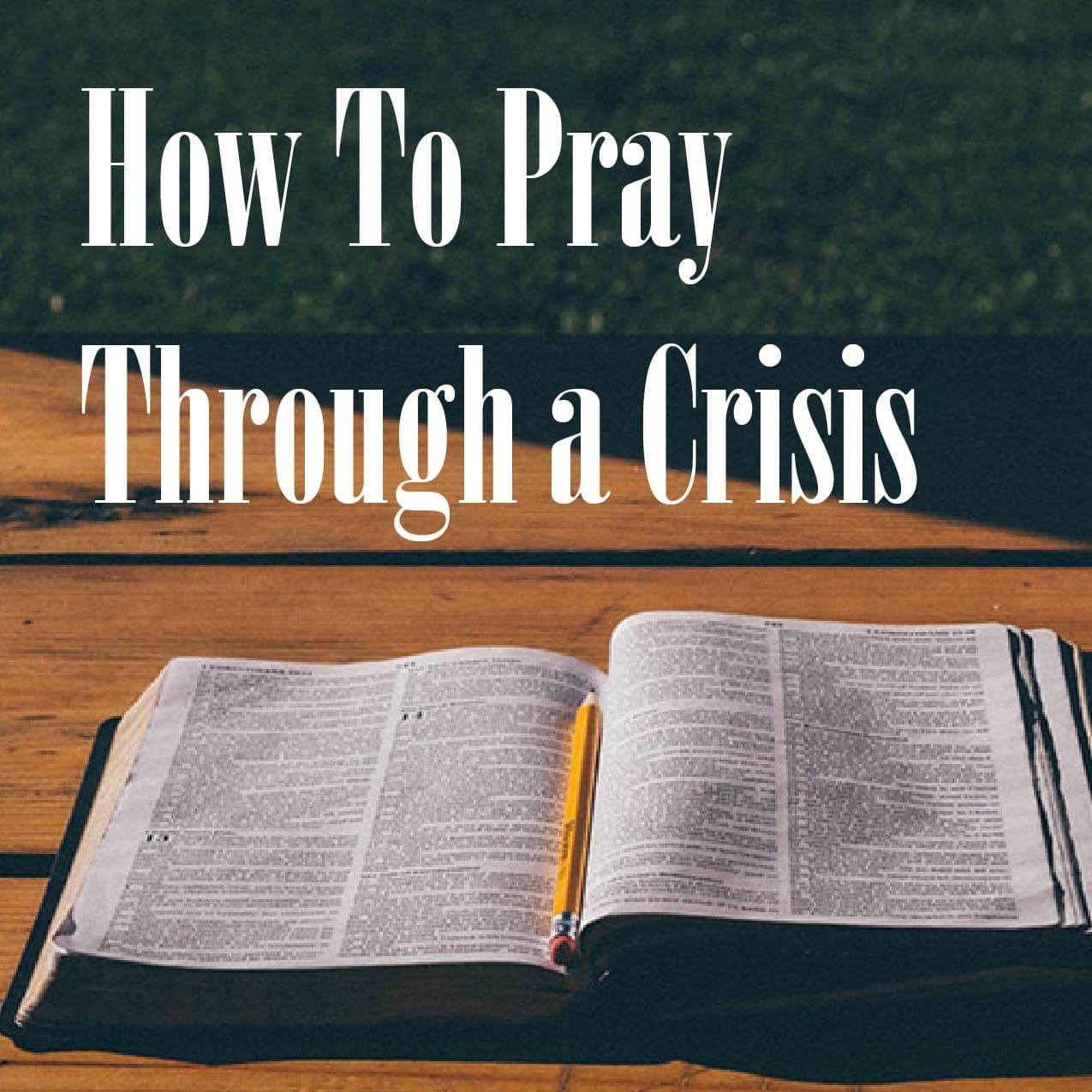18 For I consider that the sufferings of this present time are not worthy to be compared with the glory which shall be revealed in us. 19 For the earnest expectation of the creation eagerly waits for the revealing of the sons of God. 20 For the creation was subjected to futility, not willingly, but because of Him who subjected it in hope; 21 because the creation itself also will be delivered from the bondage of corruption into the glorious liberty of the children of God. 22 For we know that the whole creation groans and labors with birth pangs together until now. 23 Not only that, but we also who have the firstfruits of the Spirit, even we ourselves groan within ourselves, eagerly waiting for the adoption, the redemption of our body. 24 For we were saved in this hope, but hope that is seen is not hope; for why does one still hope for what he sees? 25 But if we hope for what we do not see, we eagerly wait for it with perseverance. 26 Likewise the Spirit also helps in our weaknesses. For we do not know what we should pray for as we ought, but the Spirit Himself makes intercession for us[b] with groanings which cannot be uttered. 27 Now He who searches the hearts knows what the mind of the Spirit is, because He makes intercession for the saints according to the will of God. 28 And we know that all things work together for good to those who love God, to those who are the called according to His purpose. 29 For whom He foreknew, He also predestined to be conformed to the image of His Son, that He might be the firstborn among many brethren. (Romans 8:18-29)
How do we pray through a crisis?
The word crisis simply means you’ve come to a crossroads. It comes from the Latin word, crux. A crossroads is a place of decision. In a crisis, you must decide how you will respond. Not to decide is ultimately a decision in itself. And when you and I come to that crux, that decision point in crisis, we are wise to remember that every crossroads reminds us of the cross of Jesus Christ and His triumph. If we deal with that crisis in the light of His cross, then we will find a solution.
But how do you pray in such times? How do you form the words when the anxiety and sorrows of life’s crises push in… and how do you pray, though? First we need to understand what’s at the root of the crisis we face.
Sometimes it’s a satanic attack. You identify it. You discern it clearly, and you take a posture of battle.
Another time, it’s a human circumstance. And in a human circumstance, there is no demon to cast out or to cast down. We can ask the Lord to give us discernment to recognize what we are dealing with, but it’s not always easy to find that discernment quickly.
Still other times we are in crisis because of something we have brought upon ourselves. Dealing with that often means coming to terms with repentance. Repentance clears the way for the possibility of an answer to our prayers. There is no greater crisis than confronting our own sin, coming to Jesus’ cross and finding salvation.
And that is part of the problem with crises: We don’t always recognize the source of the crisis, though we begin with well-intended prayer. I’m not arguing that you should only pray when you specifically know how to pray because God will not become confused, even if we are confused in our pursuit of Him. He will be patient with our quest to find the way through.
One thing is certain: When we call out to Him, He hears us, and He knows the dilemma of our hearts. He doesn’t only listen when we pray “on target.” He listens to our hearts. When we go through the fog and the pain of a crisis, the Father’s heart is open to us.
But there are certain principles worthy of our learning, that we might refine our response to circumstances and crises and pray effectively.
So how should we pray? How do you pray when you come to a time of crisis, and stand at that crossroads we all face in our lives?
Spirit-filled living in the midst of a crisis
Romans 8 is not only a high point of Scripture, it is the center point of defining Christian, Spirit-filled living. The focus is on life moving in the fullness of the Spirit all the way from no condemnation to ultimate triumph, including finding the pathway of the Lord’s victory through occasions of suffering.
Spirit-filled living comes by knowing all the blessings, benedictions and dynamism of the Holy Spirit in your life. But the joy of the Lord is not the fundamental test of everything; rather it is the stability of a pathway that walks in His way through all things, including crises. We are not only people who live in the Spirit, but we also live in a world of suffering. Not everything about our world is suffering, but sometimes in the midst of our own suffering, we face moments where we need the help of God to know how to pray.
First, confront all suffering with our promise of eternal glory (v. 18). Begin every crisis with, “God, Your eternal promise is my destiny; not Earth’s conspiracies.”
The revelation of Scripture is that an ultimate glory transcends all this world has to offers. We are given the promise and presence of enormous and wonderful blessings in this life. In the midst of suffering, it’s easy to forget not only that God is faithful beyond and through the suffering, but that He has promised us an eternal weight of glory not worthy to be compared with our present trials. That’s the place to start.
More than a century ago, the last verse of virtually every hymn written focused on the fact that when we die, the Lord will meet us; we will go to be with Him, and that’s where our eternal comfort lies. There is a great glory before us, that is Jesus; the place is Heaven.
Second, review the truth that diffuses mistaken ideas about “God’s will” when bad things happen. (v. 19-20). We are never to surrender to circumstance, sickness or suffering… but we are to surrender ourselves to God.
In verse 19, the Bible speaks of all creation eagerly waiting for the day that the sons and daughters of God come into their own. That day, which is beyond this world, will be when we have all gathered on the glory side of things. Every person will have a personal meeting with the Savior Himself as He welcomes you into Heaven. Your Savior delights and anticipates your coming to be with Him (John 14:3).
Beyond the great gathering and the initial worship services in Heaven, we are not told a great deal, but the evidence of Scripture is that there is eternal purpose for us. There will be feastings and worship services going on around the throne, but there will be purpose fulfilled as well. The Bible says that all creation is anticipating what God has in store, not just for us in Heaven, but throughout the ages to come. What those things are is not revealed in Scripture; only that they are.
Verse 20 says that the present creation, or world order, was subjected to futility, not willingly. The word “futility” would probably best be translated as “pointlessness”—things which happen in the present world that seem without reason to us. The Bible says that creation itself has been subjected to that for a season of time, but it was not done willingly.
If it wasn’t done willingly, then why was it? As far as human disobedience is concerned, that was done willingly. If every person could really understand and grasp what I’m about to say, it would put an end to questions like: “If God is a God of love, why did this happen?”; “If God’s all powerful, where was He when that terrible thing occurred?”; “It must be the will of God that this happened, because He has all power, and He certainly could have done something about it.”
All that palaver, which is laden with a lot of confusion, is dissolved in one point of revelation in Scripture: When God created this world, He put humankind in charge of it and everything under our dominion. God was in essence saying, “Everything that happens here is your choice. You don’t have the power to make anything work apart from Me, so your first choice would best be to walk with Me, and I’ll give you the power to exercise the stewardship I have given you with wisdom, effectiveness, fruitfulness and joy.”
When man violated the covenant of relationship with God, he betrayed the trust of that realm of dominion to the evil one. The Bible reveals that the affairs of Earth lie under the sway of the evil one (1 John 5:19). Man, having lost relationship with his Creator, had no capacity to change anything. It would be that way to this moment, except for the fact that God came in the Person of His Son for there to be the recovery of Earth according to the original created order. It would take an obedient Man to bring about the recovery. Not only a sacrificial Lamb, but an obedient Man, submitted to God’s order. So God became One in the Person of Jesus.
Not only did He become Man to reveal Himself to us so we could understand Him, He became a Man because except there came a human being to recover the original order, there would be no way for its recovery; only obliterating it and starting all over. That would have been a lot faster and a lot easier. It always takes longer to redeem something than to create it.
The patience of God’s love and perseverance is that He has sent a Savior, and He’s in process of bringing redemption. Wherever human beings welcome the Redeemer, they not only become redeemed themselves, but are then made agents for that redemptive life to spread. While we go about that, there is a need to recognize that we are the ones who, by our prayers, invoke what is God’s will. And you have to know how to pray for that.
Every crisis prayer should include both Kingdom praises from the Lord’s Prayer:
• Your kingdom come, Your will be done (Matthew 6:10)
• For Yours is the kingdom and the power and the glory forever. Amen. (Matthew 6:13)
Twice in His prayer, Jesus references the Kingdom or the rule or will or God. When we speak of the Kingdom of God, we’re talking about the will of God, the rule of God, the power of God. There are other issues of prayer within the Lord’s prayer that have to do with our attitude, our walk with God, the basic needs of our day-to-day life. But in the end, we are seeking not only the entry of the Kingdom power of God, but a surrender in the recognition that His knowledge, wisdom and grace will often transcend my perception of what I would prefer at the moment. And I’m willing to put it in His hands in trust, and then to rest.
Third, there will be times when we groan before an apparent “NO” to our prayers for deliverance (v. 22-25). Creation’s promised restoration is yet unrealized; we are still part of that creation!
What may seem like an apparent “NO” isn’t a “no” when we’re praying both prayers of the will of God. It is His will that we pray for the presence of His Kingdom power. And it’s His will that we pray, “Lord, I rest this now with You,” and learn to live in that. That dichotomy is hard for to deal with sometimes, having to do with what we think about hope.
Verse 22 and 23 note a particular truth. When we have struggles and pain, we groan.
The “adoption of the body” that’s referred to is that day we’re caught away. Just as an adoptive child is taken to a home they never had, we are going to be taken to a home in Heaven we’ve never had, and on that day, we will come into His presence. We often will “groan” for that day of the coming of the Lord.
The Bible says we live in a world where we will groan before an apparent “no” to our prayers for deliverance. We are in the tension between two eras: one being realized—the ongoing development of God’s eternal Kingdom in us. The other is being overcome as we are coming out of this present order, which is fading away. As we live in the tension between these two eras, our salvation has entered us into a place of secured hope. We were born into it; it is a present reality.
How do we pray in crisis? We need to allow ourselves to be caught up in the grip of eternal hope, the ultimate hope of triumph given to us (v. 24, 25). There is a hope that exceeds anything we will ever see this side of glory. The question is then, when you come into crises, will you live in that hope, or will you look out at a hopeless world and let it dominate you?
Finally, when hope seems unfulfilled to our perspective, there’s only one way to “eagerly wait with perseverance” (v. 26-27).
When hope seems unfulfilled, to our perspective, there is only one way to “eagerly wait with perseverance” (v. 25): Invoke the Spirit’s help in Spirit-assisted prayer. We can only do this if we admit, “I don’t know,” and make the double-surrender to God’s love (by His Spirit) and His will (by His Word).
In a crisis, we come to the place of prayer with the Holy Spirit’s assistance, groaning, calling out to the Lord, “Spirit of God, help me.” Then as He comes to help, we often don’t know the words He’s giving us to pray. Verse 26 says that He who searches the hearts knows what is the mind of the Spirit, and He makes intercession for us. And as He does that, then we know all things will work together for good.
Your guarantee of standing in faith in a crisis and in its aftermath is an unqualified invitation of God’s will into the situation. The reason we can withstand a crisis isn’t because of knowing how to perfectly pray; it’s because of having the presence within ourselves of the living Spirit of God. The unqualified invitation of His will and way guarantees your ability to stand in faith, knowing the answer you have is His. Such prayer releases God’s maximum redemptive purposes, and such living releases an ever deepening conformity to the Person and power of Jesus in our life.
Among those things that, by the Holy Spirit, will make us more like Jesus (v. 29) is learning how to pray through the crises of life. Pray for every miracle and healing—you will receive many! And when you don’t, that doesn’t mean your faith is lacking or that God has changed His mind or His nature. It means there are things we don’t know, and He calls us to say, “There is a glory and hope given to me, and I embrace it!”
Copyright 2014 by Jack W. Hayford, Jack Hayford Ministries.



